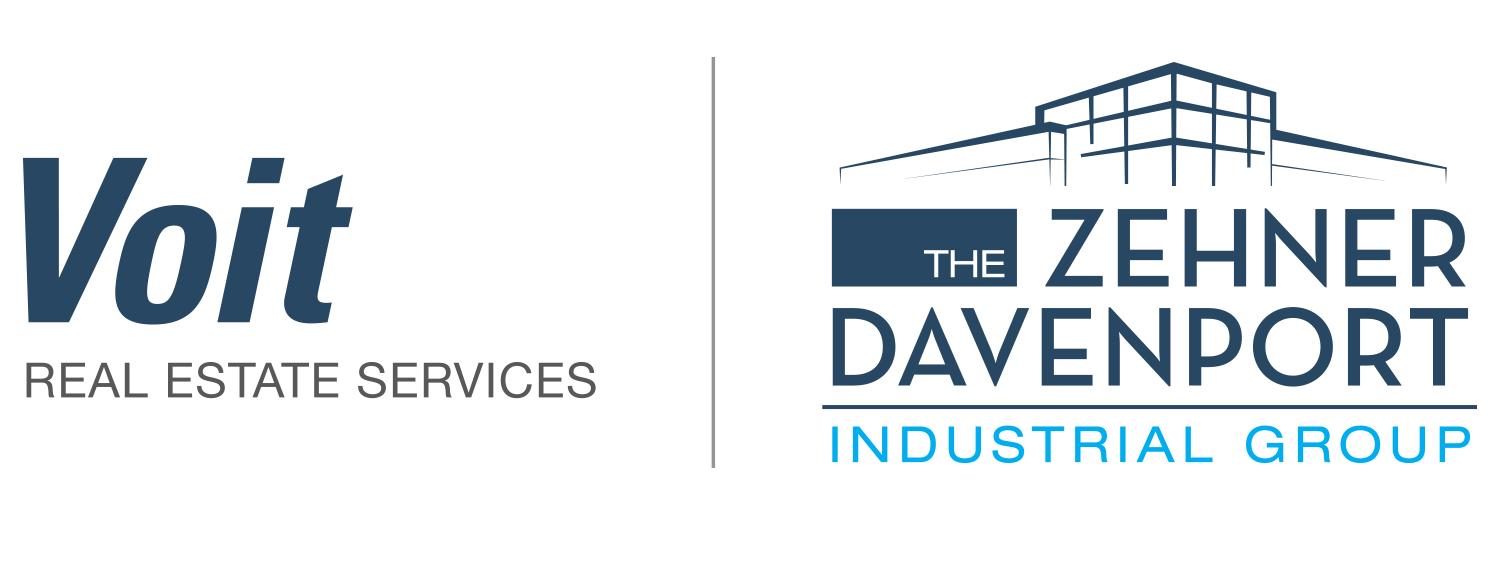What is a “personal guarantee” in a real estate lease negotiation, why do landlords so strongly favor them, and how do they work in a sole proprietorship vs. a pass-through business?
The American Industrial Real Estate Association (AIR) publishes a series of leases that are the most widely used documents in the western states. They have become the standard in our industry for a variety of reasons, but chief among them is the comprehensive nature of the documents along with the fact that they are updated regularly to reflect recent industry changes.
If you are a tenant in Southern California and don’t occupy space owned by an institutional landlord, you probably signed an AIR lease to secure your space.
If you are a non-institutional landlord, you have probably been relying on AIR leases since you first became a commercial property owner.
The documents are fair, balanced and, for the most part, easy to read and understand.

Of the fifty-some topics covered in an AIR lease, none draw the attention of both tenant and landlord more than the one on Personal Guarantees. Simply put, landlords love ‘em and tenants hate ‘em.
A quick review of what a personal guarantee is makes it easy to see why this is so:
The guarantor is like a co-signer on a loan, something many of us had mom and dad do for us when we bought our first car or motorcycle. The guy at the bank may have believed us when we swore we would pay on time, but a lack of credit history and gainful permanent employment made him look to the folks for backup just in case we got tired of flipping burgers or mowing lawns to make the monthly payments. The way the wise old banker looked at it, the consequences associated with sticking family members with the bill would be enough to keep the young borrower in good standing on the loan.

A personal guarantee of a lease is much the same, it’s just not mom and dad doing the guaranteeing, it’s you the business owner. So, in essence, you are signing the lease as the business owner and personally guaranteeing your company’s performance with your personal assets. If your business is a sole proprietorship, that doesn’t seem to make a lot of sense, since the business entity and the individual are the same. However, if your business is a pass-through entity like a partnership, S-Corp or LLC, that structure is designed and executed to protect your personal assets from the risks inherent in running your business.
Most small businesses are structured as pass-through that don’t retain profits or maintain stockpiles of cash. Cash is distributed to the individuals on a regular and frequent basis. The pass-through entity becomes a firewall to protect distributions once they are made. No wonder landlords insist on seeing personal as well as business financials. They want to know where the money is, and rightfully so.
You, on the other hand, spent big bucks on lawyers to create your pass-through entity, and you are then required by your prospective landlord to surrender that protection by signing a personal guarantee of lease.

Battle lines are drawn and heels dig into the dirt on both sides with your real estate representative in the striped shirt holding a whistle. We see this all the time, probably more often than most since we handle up to a hundred leases a year, most of which have a personal guarantee on the negotiating table.
You as the tenant argue that you have great credit, always pay your bills on time and insist that meeting your rent obligation each month is a no-brainer. But, the landlord will have none of that. He insists on the guarantee because you are the one with the cash he may someday need access to if you don’t perform. You really can’t blame him. You would probably insist on the same thing if the roles were reversed.
So, how do you work your way out of the guarantee without losing the deal?
We will discuss your options in our next post. Stay tuned.


Leave a Reply
You must be logged in to post a comment.